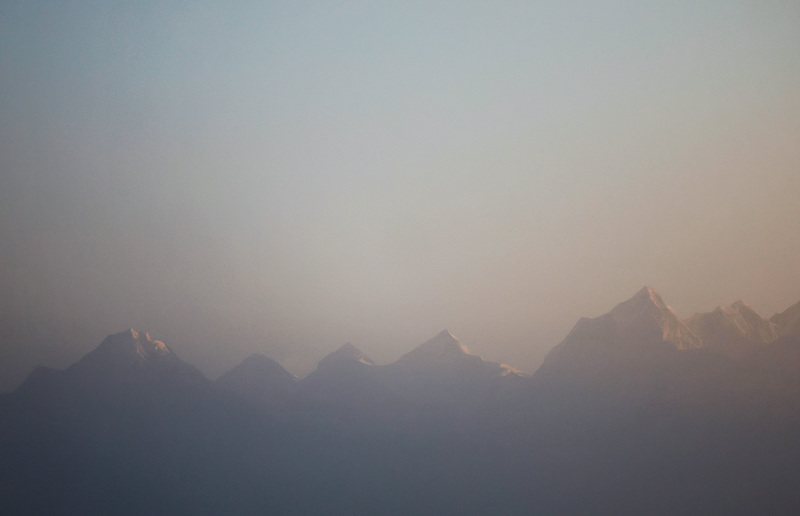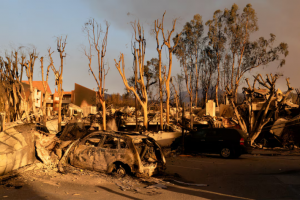China has expanded its chain of Himalaya mountain weather stations amid worries over climate change on Asia’s “water tower”.
A new station has been added on Cho Oyu, the sixth highest mountain in the world on Tibet’s border with Nepal, as part of a series of high-altitude meteorological gauges in the mountain range.
Scientists are increasingly watching how climate change is impacting the environmentally fragile Himalayas, home to the planet’s tallest peaks and the source of water for rivers that hundreds of millions of people depend on.
Since the end of September, a Chinese team has set up five automatic weather stations on Cho Oyu, at altitudes from 4,950 metres to its summit at 8,201 metres, the official Xinhua news agency reported on Friday.
Snow and ice samples at the summit had been collected for the first time, Xinhua reported.
Also on AF: Ex-Bank of China Chairman Expelled From Communist Party
Initial research showed that the ice layer on Cho Oyu was the thickest among peaks above 8,000 metres, with a thickness of more than 70 metres being seen, Xinhua reported.
The weather stations on Cho Oyu, which means “Turquoise Goddess” in Tibetan, expand a Chinese meteorological network in the Himalayas that includes monitoring of the 8,848-metre Everest, also on the border with Nepal, and the 8,013-metre Shishapangma in Tibet.
Monitoring the effects of global warming has taken on urgency after one of the warmest summers in the northern hemisphere this year. Mont Blanc, Western Europe’s highest peak, has lost more than two metres in height over two years because of its shrinking snowpack, researchers said on Thursday.
Torrential rain in India’s northeastern Sikkim state burst the banks of a glacial lake and triggered flash floods this week, killing at least 40 people in the latest example of extreme weather events in the mountain range that scientists have blamed on climate change.
High-altitude surveillance was imperative to avoid disasters such as floods and ice avalanches as glaciers melt, Xinhua reported, citing Yang Wei, a researcher at the Institute of Tibetan Plateau Research of Chinese Academy of Sciences.
- Reuters with additional editing by Sean O’Meara
Read more:
China Turns to AI in Race For Himalayas Rare Earths – SCMP
China and Nepal to Look at Himalayan Power Grid Link
Global Warming Rocks the Qinghai-Tibet Plateau – China Dialogue
























